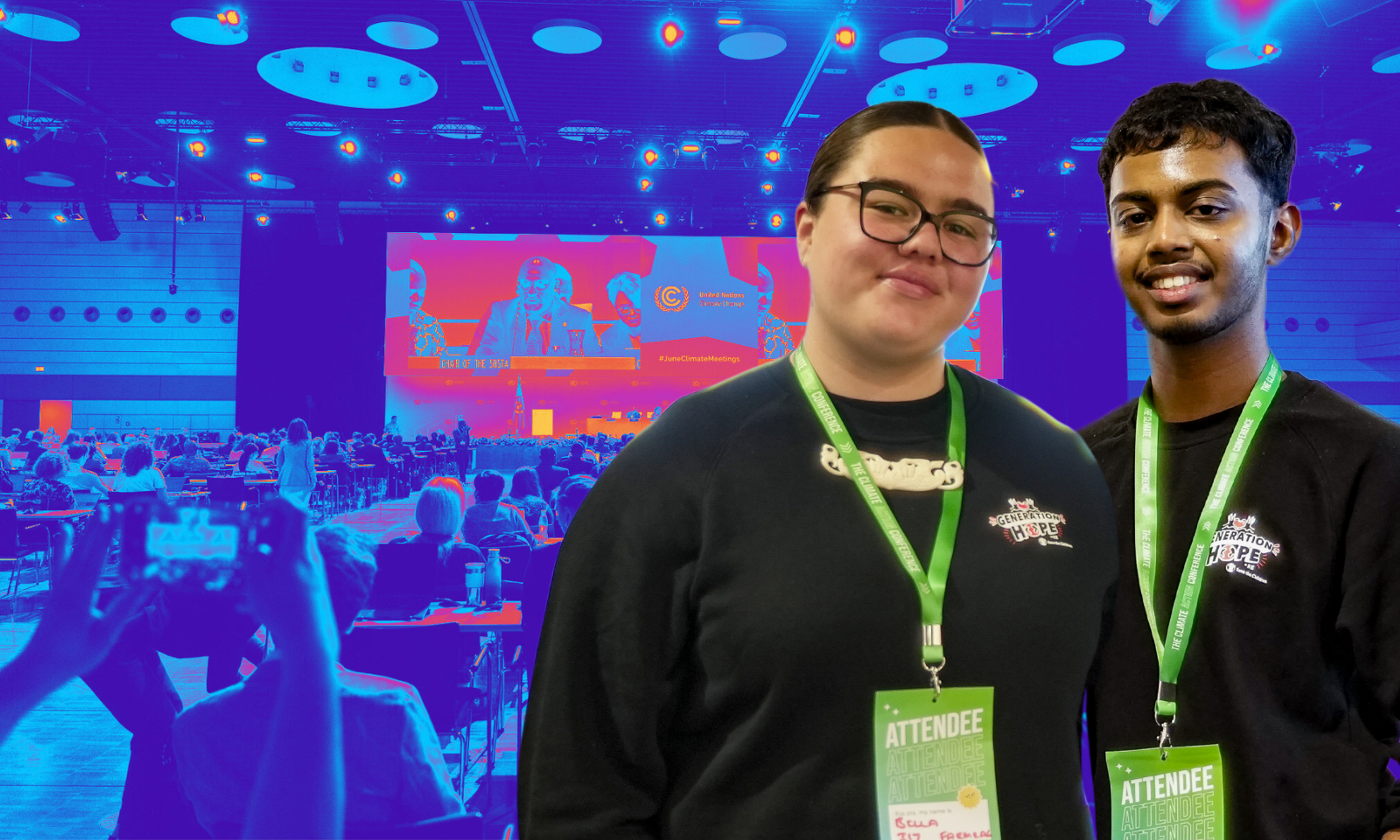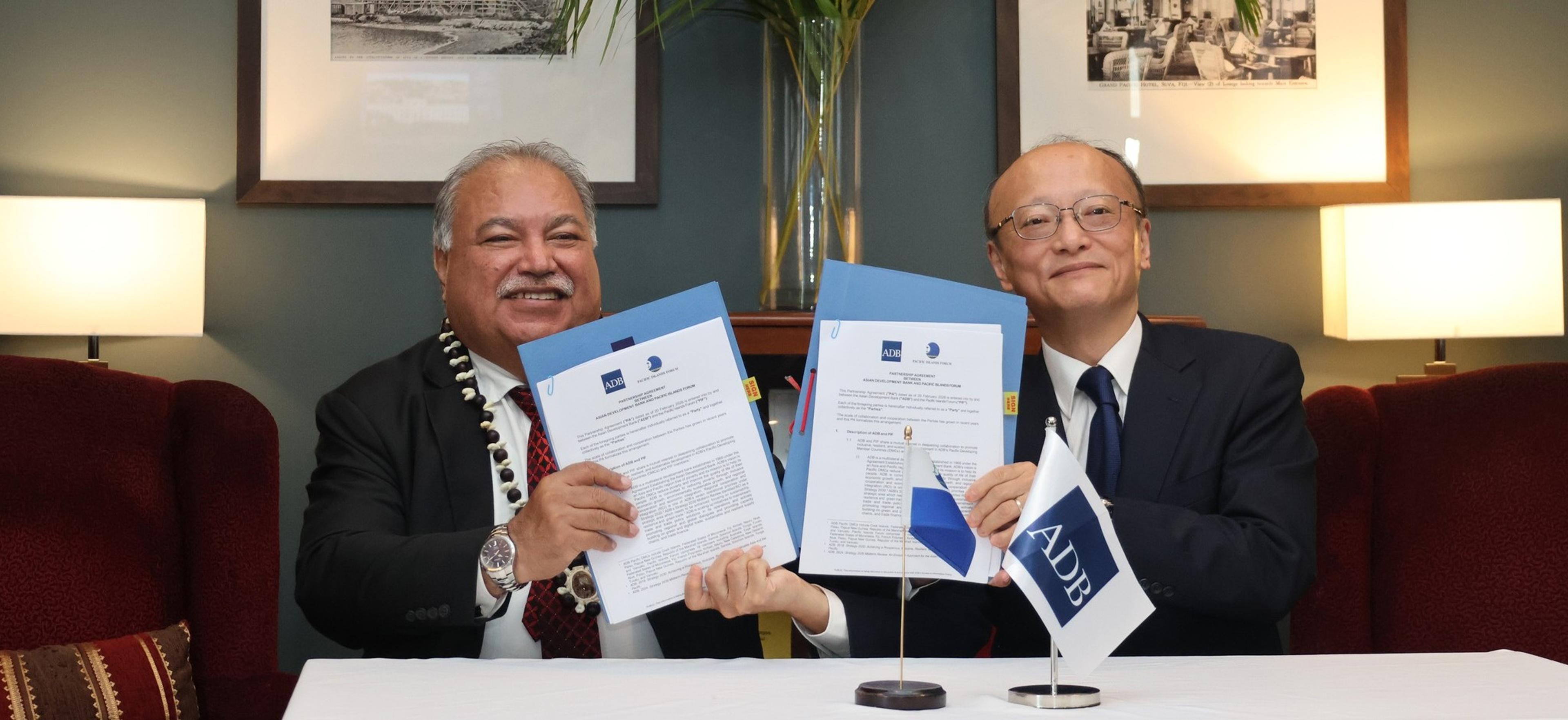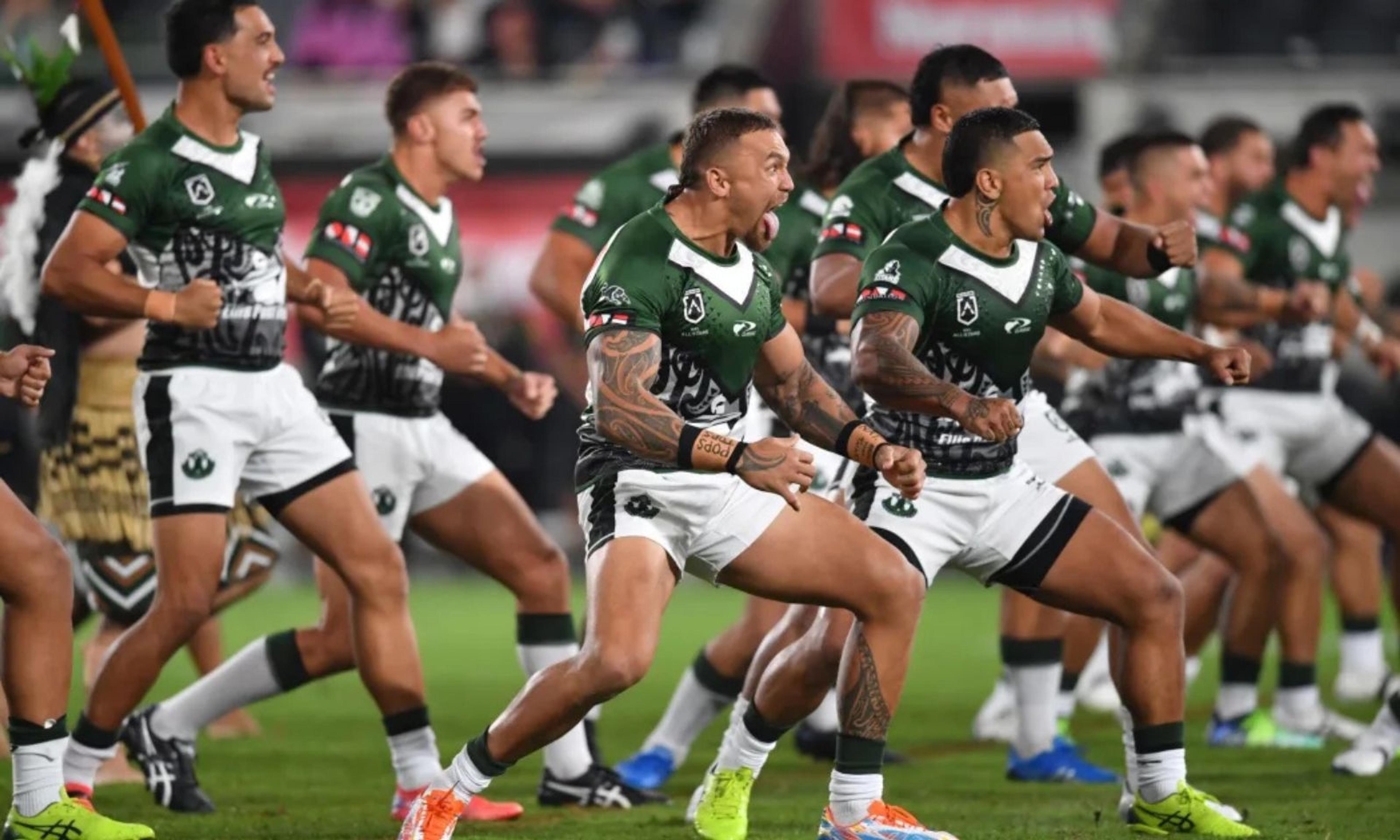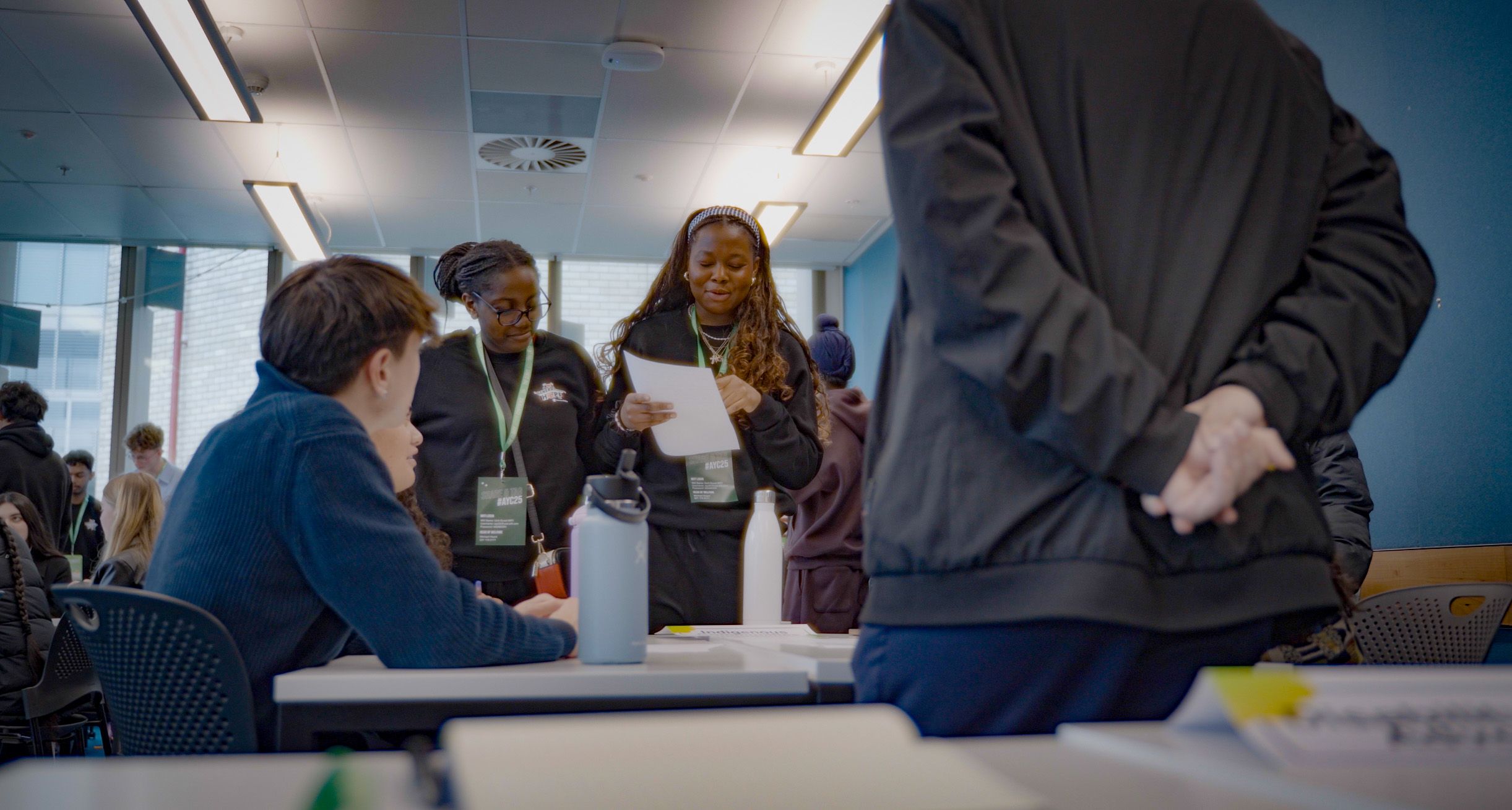

Save the Children Youth Hope ambassadors Bella and Ayaan took part in a COP-simulation event.
Photo/UN Climate Change - Peter Kronish/Supplied
Empowered youth take charge of NZ climate talks, urge action for sustainable future
Young New Zealanders step up as climate leaders in a powerful UN-style summit, delivering a statement to the Government and the world.


Asian Development Bank expands Pacific footprint with Suva hub and new PIF agreement

Time for an Indigenous State of Origin? The All Stars game shows who really powers the NRL



Asian Development Bank expands Pacific footprint with Suva hub and new PIF agreement

Time for an Indigenous State of Origin? The All Stars game shows who really powers the NRL

Around 200 young people from across the country gathered at the University of Auckland last weekend to participate in a youth-led simulation of the United Nations’ annual climate summit.
The event, Aotearoa Youth COP (Conference of the Parties), brought together participants aged 14 to 30, who assumed the roles of global leaders, journalists, NGOs, and policymakers.
Through a series of workshops and mock negotiations, they debated solutions, drafted agreements, and collaborated on climate policy.
In a statement, *Lily, a youth ambassador for Save the Children Generation Hope, says, “Events like this give rangatahi like me a voice.
“[It’s] an opportunity to discuss how we believe we can solve a collective problem without judgement or difficulty.
“We may not be the past, but we are the present and future, and the outcome of what we do now will impact us and generations to come,” the 15-year-old says.
Bella, 17, tells William Terite on Pacific Mornings that the experience was life-changing.
“I went in with an open mind, and I came out with all the answers I wanted,” she says. “The whakataukī (proverb) really stuck with me: He aha te mea nui o te ao? He tangata, he tangata, he tangata - it was the people, it was the people, it was the people - and it was the people there who brought the experience to life.”
Bella, representing the agriculture sector at the simulation, says climate change is deeply personal for her.
Watch Bella and Ayaan's full interview below.
She is already involved in environmental restoration through her iwi, which has repurchased 30 hectares of farmland to restore it into a wetland.
“At the moment, it’s one of the most polluted areas in Aotearoa. You can get māuiui (sick) just from one pipi,” she says.
“It’s heartbreaking, considering my tūpuna were able to get kai from our moana. I’m working so my mokopuna won’t have to do this work again - that it will already be restored.”
The event concludes with the creation of a youth climate statement - a manifesto of five calls to action crafted by participants following a series of negotiations and stakeholder debates.
“The facilitators made it really accessible and relatable for rangatahi,” Bella says. “It wasn’t full of big words - it was perfectly pitched for how they wanted it to come out.”
Ayaan, 18, portrays an education stakeholder and tells Terite that youth-led events like these are important.

Around 200 young people led climate discussions at a COP simulation event in Auckalnd. Photo/Supplied
“It was a really enriching experience and a great way to delve into climate conversations,” he says. “We are the leaders of tomorrow. When it comes to climate change, we are the ones who will experience its effects firsthand, so we should be part of the solution too.
“These events train young people, keep them informed, and motivate them to work towards a more sustainable future.”
When asked if enough young people are engaged in addressing the climate crisis, Bella says there are mixed sentiments.
“Not enough people know about it, but the message is spreading through organisations like School Strike for Climate and Fridays for Future.
“There needs to be more support and tautoko for rangatahi wanting to get into these spaces, because there’s no direct path to climate activism.”
Despite global dissatisfaction with past COP meetings, Ayaan believes that the increasing presence of youth voices is helping shift the narrative.
Local drive for global impact
The initiative is supported by Save the Children, Youth Climate Collective, and Ngā Ara Whetū (Centre for Climate, Biodiversity and Society), building on the success of last year’s inaugural event.
In a statement, Heather Campbell, CEO of Save the Children New Zealand, says last week’s landmark advisory opinion from the International Court of Justice gives voice to the millions of children at the forefront of the climate crisis and offers hope for more decisive climate action.
“The climate crisis is a children’s rights crisis,” Campbell says. “Children, particularly those affected by inequality and discrimination, bear the brunt of climate change impacts, despite being the least responsible,” she says in a statement.
“It was Pacific youth leaders who began this fight for climate justice and took it to the highest court in the world, which shows the power of young people to implement their ideas for a better future. Children want and deserve to be heard. Their voices matter.”
The finalised youth climate statement from the weekend’s event will be delivered to the New Zealand Government and presented at COP30 in Belém, Brazil, later this year by a delegation of young leaders.
*Save the Children does not share the surnames of youth participants for publication.